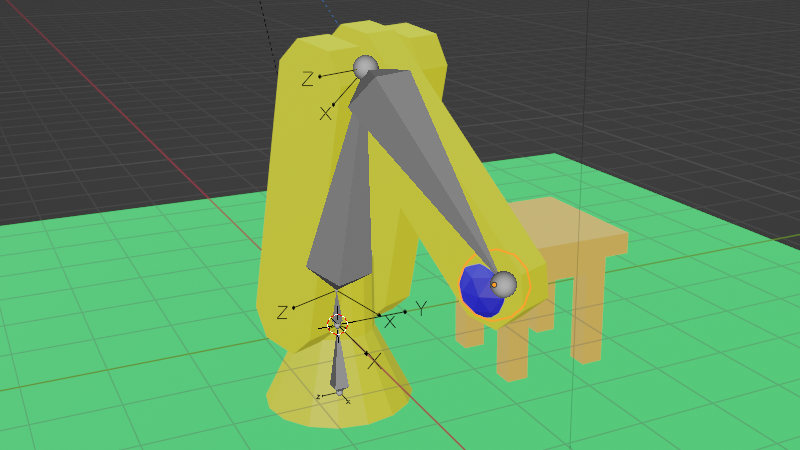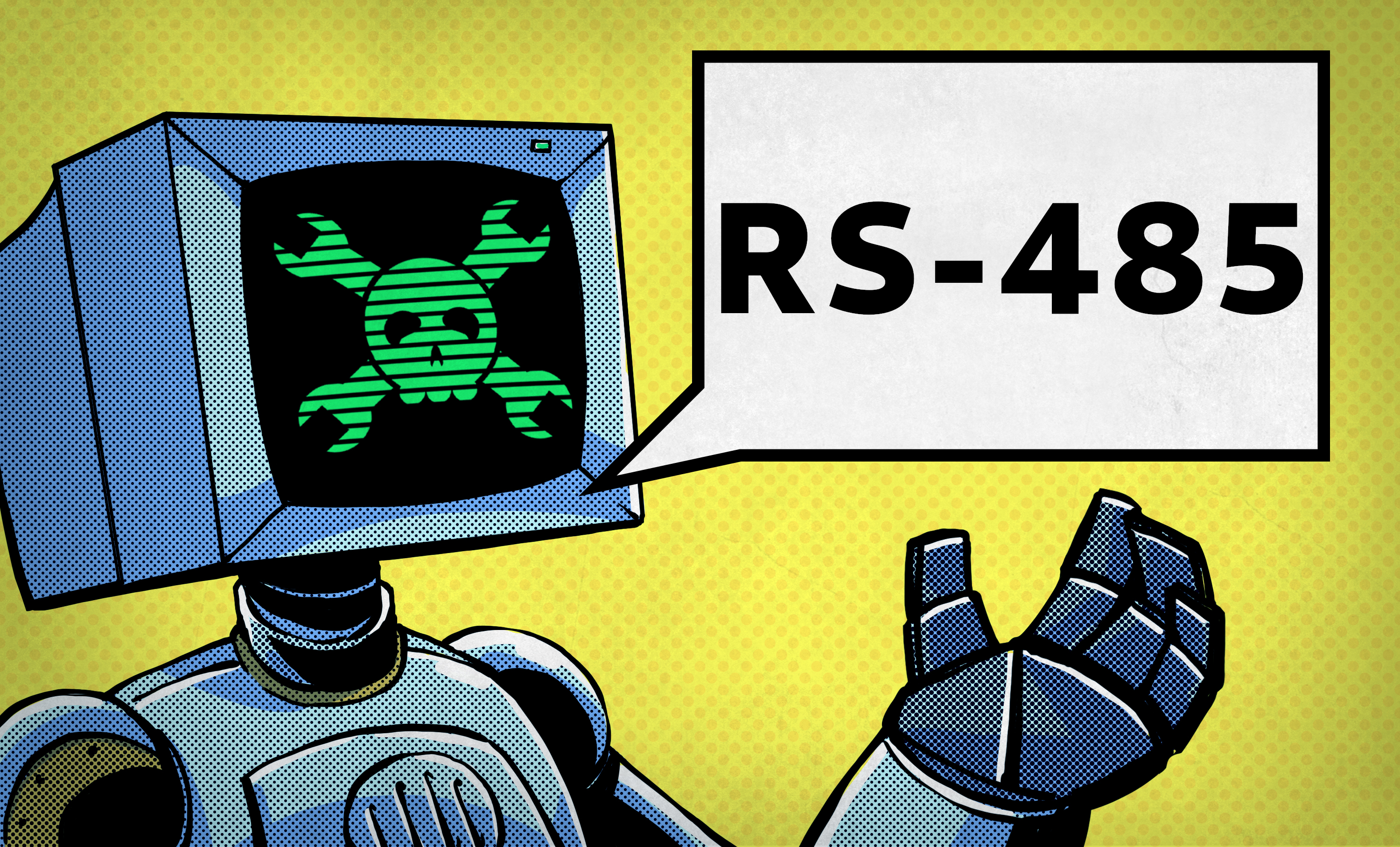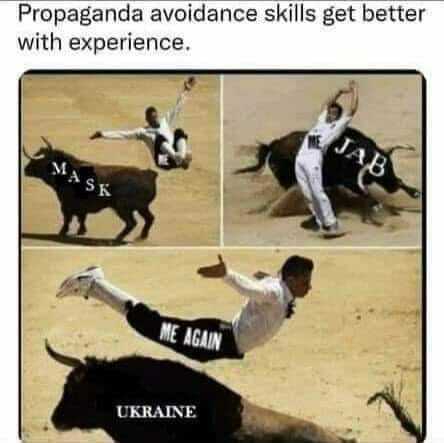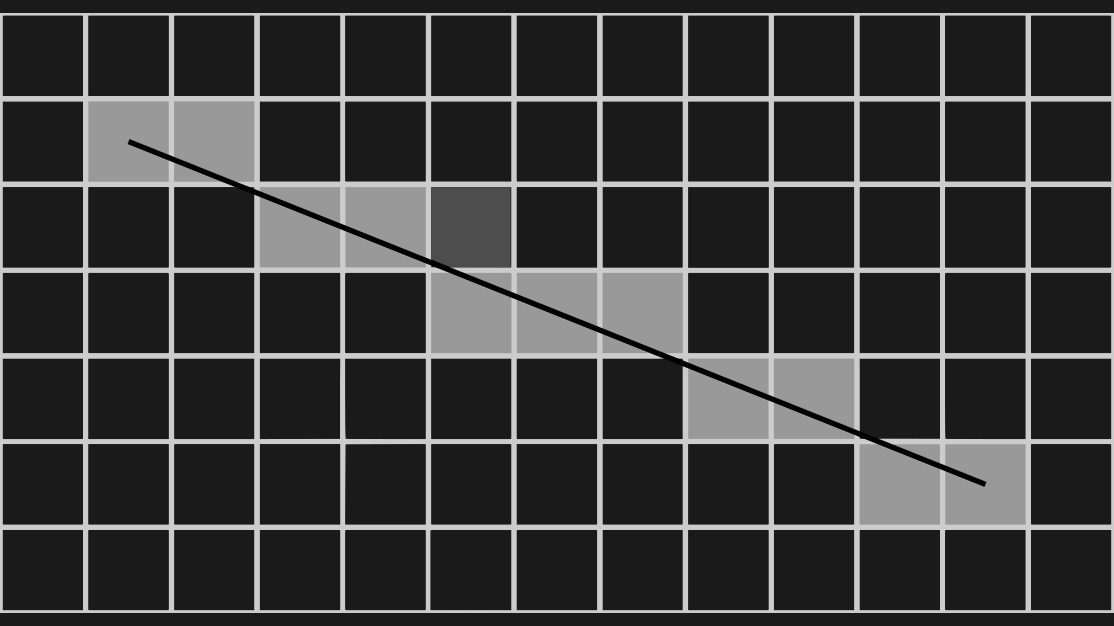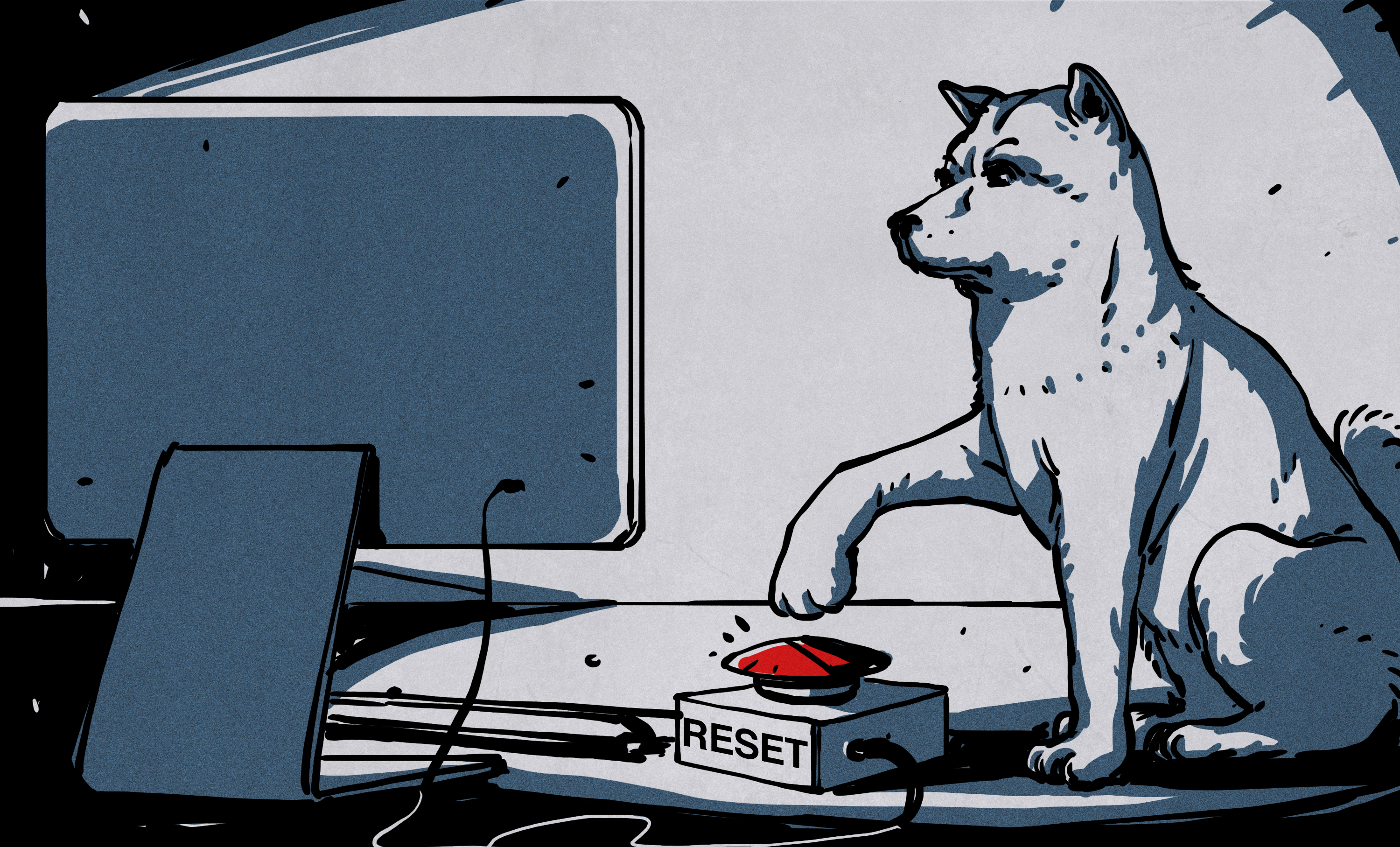#skills
One person like that
One person like that
8 Likes
1 Comments
One person like that
One person like that
1 Shares
Employers in denial over success of digital skills training, say exasperated staffers in 4 First World Countries

The report is the result of two surveys taking in over 2,000 managers and more than 4,000 employees across the US, UK, France, and Germany. It found that 59 per cent of employers state that not having enough skilled employees is having a major or moderate impact on their business.
I can imagine the impact is surely even greater in 3rd World Countries, unless miraculously the digital training is far better in 3rd World Countries… My opinion (no facts) is possibly that external consultants “sell” transformational improvements to managers (who don’t fully understand these themselves), and employees have to grapple at the coal-face with the changes. I’ve similarly seen external turnaround strategists coming in, and disrupting working processes, which end up destabilising a company. Sometimes solid incremental improvements can be better for many companies.
See https://www.theregister.com/2022/01/25/employers_in_denial_over_success/
#technology #digitaltransformation #skills #training
#Blog, ##digitaltransformation, ##skills, ##technology, ##training
2 Likes
One person like that
One person like that
Recht gute, informative Seite:
https://www.westpfalz-klinikum.de/coronahilfe/tipps-und-strategien/selbstverletzendes-verhalten/
Außer der Stelle:
Alle Gefühle sind aushaltbar und gehen immer vorbei! Sie haben die Gefühle früher auch ausgehalten.
.. Kann man ja so pauschal nicht sagen, offensichtlich haben nicht alle potenziell Lesenden "früher" immer alles ausgehalten. Außerdem kann was "vorbei geht" auch wieder kommen.
Dennoch, #Psychologie -Wissen schadet nie. Gerade über Dinge, die nicht so selten sind.
#SVV #Skills
3 Likes
2 Comments
2 Likes
One person like that
One person like that
1 Comments
Support Om Sleiman farm CSA in Palestine
https://www.youtube.com/watch?v=ZKZ2RlyHnJw
We at Om Sleiman Farm have been running a CSA (Community Supported Agriculture) farm in the West Bank in Palestine for the past 5 years. Our work has been an important connection that ties us to our land, and a dreaming space that aspires to showcase our vision of a sustainable and independent future in Palestine.
Om Sleiman Farm was born in 2016 as an effort to re-imagine resistance as a community effort rooted in the intersection of the social, economic, and environmental. We have operated since our inception as a CSA, mobilizing community resources to support farmers on the ground. We sought a popular education model to provide a space for teaching and learning about sustainable practices in farming and building. The farm is based in Bil’in and carries the village’s long tradition of popular resistance, and seeks to continuously embody that tradition in what it does.
ولدت مزرعة أم سليمان في مطلع عام 2016 في قرية بلعين في الضفة الغربية كجهد جماعي يعمل على إعادة تخيل العمل الشعبي المقاوم كعمل قادر على التعامل مع التحديات المجتمعية والإقتصادية والبيئية في آن واحد. أنتج هذا العمل مزرعة تعمل بنظام المزرعة المدعومة مجتمعيا استمرت في العمل رغم كل التحديات على مدار الخمس أعوام الماضية. كان عملنا في المزرعة - وما زال - بمثابة تحدي مستمر لخلق مساحة للحلم الجماعي بمستقبل أفضل في بلادنا، والتجرؤ على المحاولة لتحقيقه على الأرض.
تسلحنا منذ بداية عملنا بأدوات فعالة، حيث نعمل كمزرعة مدعومة مجتمعيا على تحريك الموارد المجتمعية والمالية لدعم المزارعين على الأرض. العمل المجتمعي لم يكتمل بدون توفير مساحة للتعلم الشعبي المتكامل مع العمل والقائم على رؤيتنا الهادفة لاستعادة التوازن والاستدامة خاصة في الأعمال الزراعية والبناء. كون قرية بلعين الحاضنة المحلية لعملنا جعل هذا العمل امتداد طبيعي للمقاومة الشعبية وامتداد لثقافة عريقة امتدت عبر الأجيال.
Detailed information: https://www.gofundme.com/f/omsleimanfarm-5years
#food #food-growing #OmSleimanFarm #community-supported-agriculture #CSA #homesteading #skills #natural-building #Palestine #YaraDowani #MuhabAlami #MohammedAbujayyab
One person like that
On education, basic vs. advanced skills, certification, and corporate education
An HN comment asks of the history of corporate-controlled specific skills and credentialing training, following a new Google proposal.
Short answer: Yes, highly-focused skills-centric but narrow education has a long history.
Longer answer:
It's useful to keep in mind the (usually) unstated goals of educational systems:
Produce a technically-skilled, but politically pliable, working class.
Produce a managerially competent, but not revolutionary, management and professional class.
Persist existing power structures, whatever their form; political, cultural, corporate, religious, technical, epistemic.
The fundamental division in education has long been between liberal education and technical education, and can be traced to the emergence of the modern university in the 11th century (Bologna, 1088, Oxford, 1096), if not to the Romans and Greeks distinguishing the ars liberalis, and artes mechanicae, the latter also called the "servile" or "mechanical" arts. This later expands to basic literacy skills ("'readin', 'ritin', and 'rithmetic", the "three Rs"), and basic skills vs. higher-order thinking skills, on which there is much long-standing debate and contention.
Expansion and reform were limited by numerous factors, including a monopoly by law in England establishing Cambridge and Oxford as England's only permitted universities until 1827. (https://www.historytoday.com/miscellanies/medieval-university-monopoly)
In the industrial era, Prussian and Humboldtian education reforms instituted universal compulsory scientific and technical (rather than religious) education, largely at state expense, from Kindergarten, and including a university system for advanced education. With increasing demand for basically literate workers under factory and clerical work as well as technically-skilled workers in heavy industry, chemical, agricultural, transport, communications, information, government, and military sectors, the basic outlines of this system were widely adopted in industrialised countries through the 19th and 20th centuries.
The first technical, polytechnic, and engineering universities emerged in the 19th century. M.I.T. as a leading exemplar, though not the first, was founded in 1861. It was preceded by others, with Rensselaer Polytechnic Institute (RPI) possibly the earliest in 1821. Notably, technical schools were among the first to offer specifically-focused courses of study, persisting to this day in the numbered M.I.T. catologue, where lower-numbered offerings are generally more fundamental and earliest-established, modulo some subsequent subdivision.
Major expansions occurred through and following major wars, including the US Civil Way (founding of M.I.T.), and the first and second World Wars, as well as the post-war / Cold War era, notably Vannevar Bush's "Science, The Endless Frontier" (https://nsf.gov/od/lpa/nsf50/vbush1945.htm)
The Academic Major system began emerging in the early 19th century, though it would not really reach recognisable form (or be named) until after 1875. It replaced a general liberal education university system without formal major emphasis.
The post-1960 public research university is exemplified through projects such as the California Master Plan for Higher Education, 1960, strongly driven by governor Pat Brown and University of California president Clark Kerr. That effort was itself a reaction to an earlier technological monopoly, that of the railroads. Similar expansions occurred elsewhere, see the Robbins Report (1963) for the UK, or a set of Chinese initiatives since the 1990s: the Double First Class University Plan, Project 211, Project 985, and the C9 League.
In the US (and strongly similarly in much of the industrialised world), a de facto if not explicit hierarchy of prestigious highly-selective top-tier universities (largely private though with some public institutions), other highly selective schools (many state university systems). These are followed by less selective institutions, many formerly state colleges, "normal schools" (teachers' colleges), and numerous smaller private schools, and some polytechnics and ag & tech schools. Community colleges ("junior colleges") may feed 4-year programmes or directly train workforce, and are generally not selective (all applicants are accepted). Public and private vocational schools, as well as company-specific credentialing programmes (CCIE, RHCE, MCSA, OCP, Java SE, etc.) provide a range of skills training and certification, some basic, some advanced technical, some continuing professional education.
The various roles of education as teaching basic skills, higher skills, and cultural indoctrination, were commented on by John Stuart Mill ~1860s Britain, as noted by Hans Jensen, subject to various forms of control and coercion, largely via funding or lack thereof:
First, the universities were given the task of providing an unceasing supply of ideologically correct candidates for vital positions in government, church, and business. The state was able to make the faculties of the "venerable institutions" of higher education, or rather indoctrination, assume this duty because it controlled appointments and held the purse from which "emoluments" flowed into the coffers of academics....
The state devised a second educational strategy in order to prevent such a calamity from occurring. According to Mill, the "elementary schools for children of the working classes" were given the task of ensuring that the poor would continue to accept docilely their dismal station in life. It was very easy for the state to force the public schools to assume this role. It did so simply by failing malignantly to allocate sufficient funds for the operations of what Mill identified contemptuously as "places called schools"...
-- Hans E. Jensen, "John Stuart Mill's Theories of Wealth and Income Distribution". Review of Social Economy. Pages 491-507. Published online: 05 Nov 2010. (http://www.tandfonline.com/doi/abs/10.1080/00346760110081599)
(A more complete cite and discussion here: https://old.reddit.com/r/dredmorbius/comments/6x7u6a/on_the_role_of_universities_and_primary_education/)
A list of Wikipedia articles addressing most parts of this history and development: List of oldest universities in continuous operation, Liberal arts education, Artes mechanicae, Vocational education, Basic skills, The three Rs, Higher-order thinking, Standards-based education reform in the United States, Prussian education system, Humboldtian model of higher education, Institute of technology#United States, Massachusetts Institute of Technology, Rensselaer Polytechnic Institute, Land-grant university, Vannevar Bush, Academic major, California Master Plan for Higher Education, Robbins Report, Double First Class University Plan, Professional certification.
#education #academia #skills #LiberalArts #MechanicalArts #Certification #Google #colleges #universities
One person like that
1 Comments
There's a whole long discussion to be had on the purpose of education, and it goes back a long ways
TL;DR: skills vs. reasoning.
For oligarchs, especially of public education, it is a skills-manufacturing pipeline for producing an efficient but docile wage-slave workforce.
For themselves, they reserve critical thinking, un-bowdlerized. Yes, an eponym.
As Brother Mouzone said in The Wire: "You know what the most dangerous thing in America is, right? N-----r with a library card."
https://invidio.us/watch?v=bRCyZydgqdc
It's the liberal arts vs. the servile arts. "Liberal" because they are liberating, essential to freepersons. It's the undercurrent of virtually all education reform
And this goes back a ways. Hardly the first, but: On the role of Universities and Primary Education as Social Indoctrination: John Stuart Mill via Hans Jensen, from the 1860s.
#education #LiberalArts #SevileArts #ArtsMechanicae #bowdlerize #occasionalEtymology #skills #reasoning #TheWire
One person like that
4 Comments
